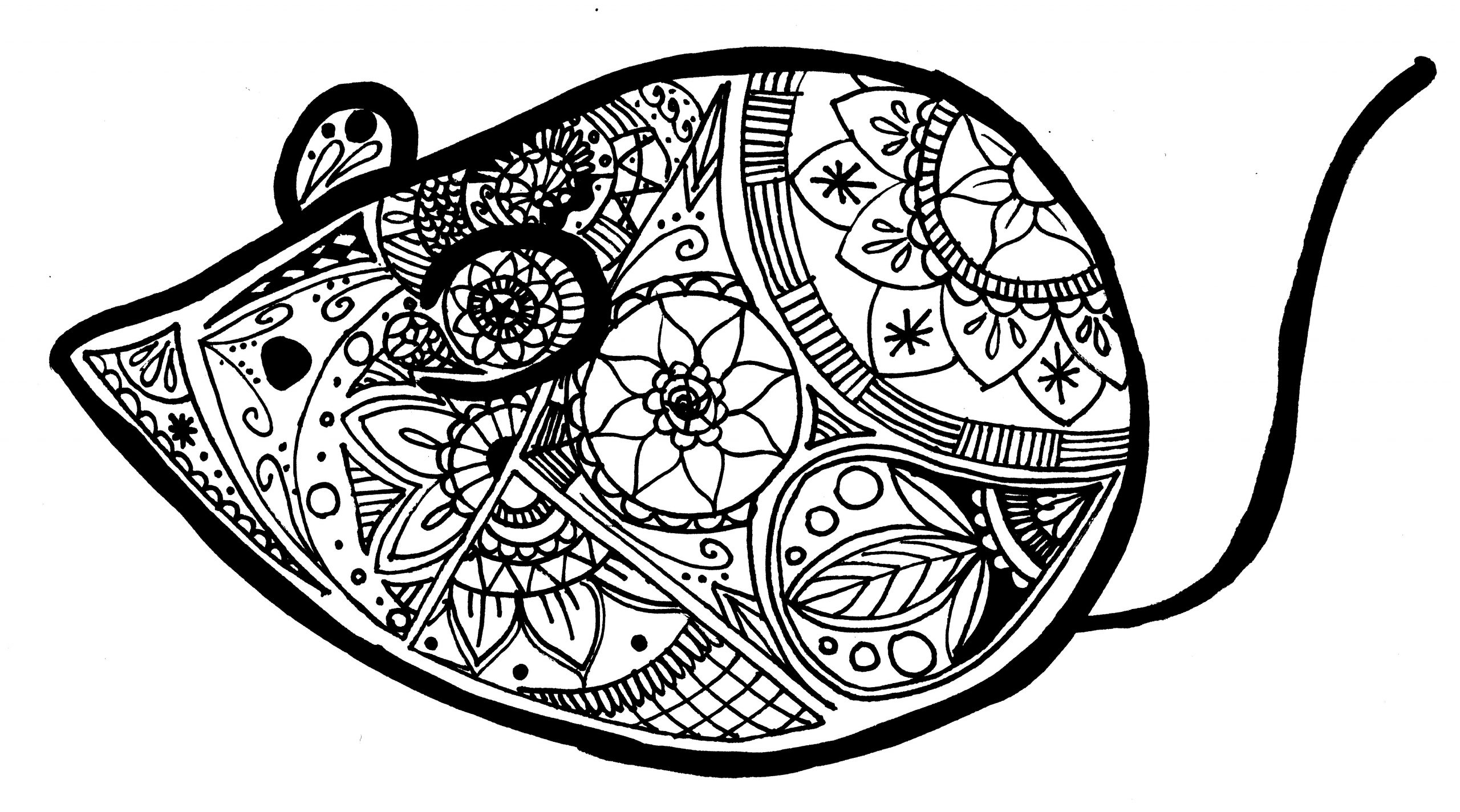This week’s lecture video offered ideas and viewpoints I couldn’t see by reading the text on my own and found it very enlightening. Also, Mr.Alexander Dawson’s text gave me a better understanding of the reason behind our inability to determine when Latin America came to exist or came to be its own. In this week’s post, I want to write about some thoughts I had while reading the three texts by the three individuals, Bolivar, Martí and Chévez.
One statement by Bolívar which I found fascinating was America was denied not only its freedom but even an active and effective tyranny¨(Alexander, Dawson. 23). He points out how the local people of South America, mainly the Creoles, could not participate in politics which kept them inexperienced and uneducated of the ways to govern a state. The main reason Spain probably appointed Spaniards to positions of power because they wanted to ensure people in the office were loyal to their mother country. However, I wonder if they intended the result which Bolívar points out. By keeping the local people out of politics, as mentioned before, they would, according to Bolivar, be incapable of ruling a nation. If the colonizers could brainwash their colonies into believing they themselves cannot govern their country, it may prevent uprisings. Also, even if a revolution was to occur since the new local leaders have no knowledge of politics, their new system would collapse soon after and the people have no choice but to go back to their colonizers. I think the Spanish may have had this result in mind when creating a political system that excludes the people in the colonies although their aim, if it was intended, was unsuccessful.
Martí’s Our America was interesting yet a bit confusing to read because of all the metaphors and allegories. The passage where he mentions ¨The haughty man¨ is clearly criticizing Bolivar’s ideals and his doubt of the Latin American’s ability to self govern. I am curious to know who the metaphor regarding Washington is referring to. At first, I thought Martí maybe pointing a finger at Bolivar for trying to escape to Europe right before his death. However, since his exile was due to internal conflicts and not foreign interference this is probably not the case. He could be trying to confront people who sided with Spain in general. I couldn´t quite pinpoint Martí’s intention behind this metaphor so it would be interesting to hear other people’s thoughts.
For Chavéz’s speach, I could tell he was an incredibly carismatic individual just by reading the text. His harsh words for discribing the North as a villain and an enemy probably sturred up strong emotions in the people which he used as a tool for change.
Here are a couple of questions which I’m curious to know other peoples opininons:
- Did Spain intentianlly keep the people of Latin America in ” permanent infancy with
regard to public affairs” as Bolivar puts it? - In their text, Bolívar uses the pronoun “she/her” to describe Spain and Martí uses “she/her” for Latin America and “he/him” for foreign nations. Is there a reason behind these choices of pronouns?
- Who is Martí’s Washington metaphor referring to?

Hello! First I wanna say that I love the layout of your blog, haha!
This notion of the people of Latin America being infant and passive was quite prominent in all of the readings for this week. I don’t know if it was intentional but I think it could have been a latent effect of the colonization. Because the Europeans basically took over the entire region and established their own systems of oppression, they didn’t leave much opportunity to the people of Latin America to participate or govern themselves. Secondly, I paid attention to the pronouns as well when I was reading. Maybe the choice of her/hers reflects a motherly relationship with their country, and the he/him reflects the power and domination of the foreign nations?? This is just pure speculation, lol 😀
Anyway, thanks for a thoughtful post 🙂
Hello,
I thought your discussion question about the use of pronouns was a really interesting one. This is something that I had started to consider, but not as in-depth. This question to me, has a lot to do with gender norms at the time. I think the reason that people referred to their country as she/her was because they think of their country as pure, uncorrupted, and in a way, motherly. This is the country that houses them, provides them with food, resources, at takes care of them. I think the reason people thought of other countries as he/him is because back then, the men would ride off to other countries for war and to colonize. So other countries would’ve been seen as hostile men, coming to fight.
-Jenniah